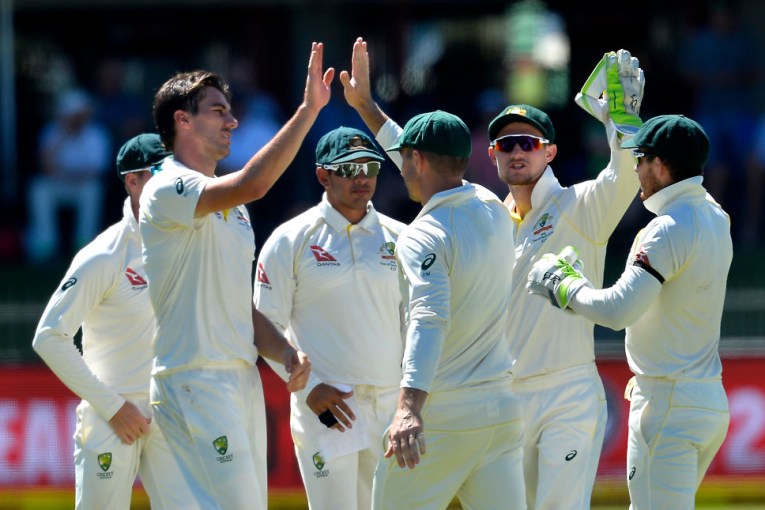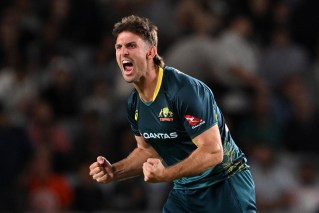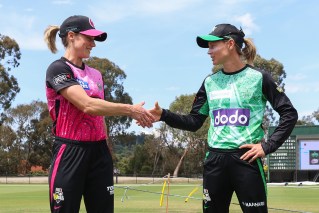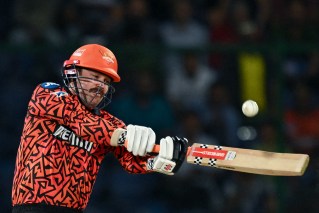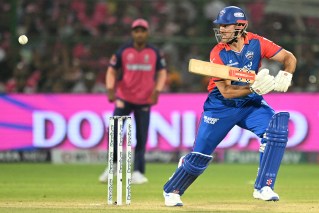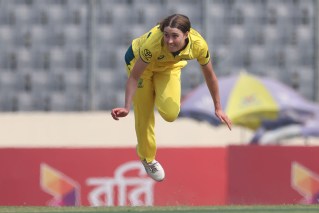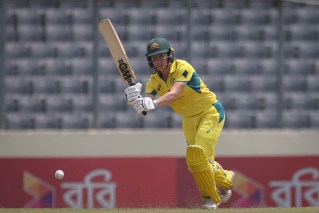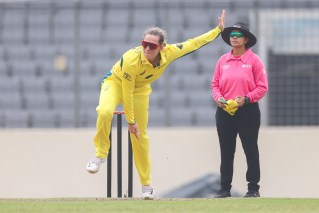What we learned: Why Australia is No. 1

The case for Australia
Befitting their shy and retiring nature, the Australians were not making any big claims for themselves after knocking off South Africa – so someone else has got to do it.
Here goes.
This has been an amazing six months of domination (over England) and near domination (over South Africa).
Every Test win over England was a thumping. Remember, England was considered one of the game’s more accomplished, professional outfits before this summer.
The two wins in South Africa were also by thumping margins, notwithstanding the valiant rearguard action by the hosts in Cape Town. Nevertheless, the nominal title holders were well and truly vanquished on their own soil.
It all adds up to a strong case for primacy for Michael Clarke’s men, which is a turnaround of remarkable proportions.
If you were to pick a combined XI for the England series, you would find room for only Stuart Broad (for Peter Siddle) and one of Ben Stokes or Kevin Pietersen (for George Bailey).
Repeat the exercise for the South Africa series and there is room for only A.B. de Villiers (for Alex Doolan) and Dale Steyn (for Siddle/Pattinson), and possibly Hashim Amla or J.P. Duminy (for Marsh/Watson). The spinner’s spot is a nil-all draw.
Yes, it is less than 12 months since the debacle in India, the lowest point in Australian cricket since the days of World Series and rebel tours. Still, India has been an unwelcome asterisk for even the best Australian teams, with only one series win in that country in almost half a century.
And plenty has happened since:

Destructive: Mitchell Johnson. Picture: Getty
• Mitchell Johnson has emerged as the most destructive – and possibly best – bowler in the world.
• David Warner has emerged as the most destructive – and possibly best – batsman in the world.
• Ryan Harris has strung together 12 successive Tests.
• Steven Smith has emerged as a player of substance.
• Darren Lehmann has replaced the clipboard with the bar-side chat.
• South Africa has lost Jacques Kallis and, now, Graeme Smith.
• England has lost Jonathan Trott, Graeme Swann, Kevin Pietersen, its coach and its way.
• India has lost in New Zealand.
It all adds up to a strong case for primacy for Michael Clarke’s men, which is a turnaround of remarkable proportions.
That is not to suggest that there are not weaknesses in the Australian side. There are holes in the batting, the attack is ageing, the spinner does not run through sides and there is the perennial question of what to do with Watto.

Heroic: Ryan Harris. Picture: Getty
Rhino the Brave
“Ryan Harris is spent. There is no way he can come back.” Barry Richards, with seven overs remaining.
It seemed inconceivable that Australia would produce a more heroic performance in the series decider than Michael Clarke’s response to Morne Morkel’s assault and battery.
But the efforts of Ryan Harris went close.
Harris put his appointment with the surgeon on hold in the national cause. At times, it looked as though he needed a walking frame to get back to the top of his mark.
Yet, amid scenes of high drama, with time running out, and running on Panadeine Forte, an almost spent Harris produced two balls of the highest class to deliver victory.
Warner, Johnson and Clarke might be the stars of this side, but Harris is its heart and soul.
Hopefully they can put him back together again. If not, he can exit the game satisfied he could not have eked any more out of his wearing body in the service of his country.
For a full outline of his ailments, see this video on the Cricket Australia website.
Who are you calling a dog?
Faf du Plessis got it wrong when he called the Australians a pack of dogs. This was an error of understatement. He should have called them a pack of rabid dogs.
In fact, the howling that greeted du Plessis’ second innings dismissal showed them to be juvenile rabid dogs.
Still, the by-play with du Plessis, who was naïve to think the Australians would be happy with him picking up the ball while batting, was harmless enough.

A fond farewell for Faf du Plessis. Picture: Getty
What wasn’t harmless was the reactions of the Australians, particularly Clarke, to the third umpire’s decision to overturn a short leg catch given against Philander off a Johnson lifter as the Test turned testy.
The refusal to accept the umpire’s decision in a reasonable time frame was out of order. Clarke was right to apologise to Steyn for his outburst, but he should have gone further and issued a broader apology. He should also have been sanctioned by the umpires or referee, who have once again shown a reluctance to take a strong stand on such matters.
Clarke, who generally stays on the right side of the line in these matters, showed more class in his heartfelt praise of Smith.

The silverware. Picture: Getty
Call that a trophy?
This was a series of the greatest quality, yet the triumphant Australians were the recipients of the unprepossessing Sunfoil Test Series trophy.
Surely Australia and South Africa can put their heads together and come up with something better than that.
Perhaps the Pollock-Waugh Cup to recognise two of the combatants’ most famous cricketing families?
